School Trips to Cologne for Cross-Curricular Studies
Embark on captivating school trips to Cologne with Travelbound. Germany’s fourth largest city, Cologne, is packed full of educational attractions and fun activities covering a wide range of subjects and learning objectives.
Highlights of school trips to Cologne
The UNESCO World Heritage Site of Cologne Cathedral
The story of chocolate at the Chocolate Museum
Enjoy a panoramic boat trip on the Rhine
A wide choice of excellent museums
Hardenhuish SchoolWonderful support throughout the trip and excellent knowledge of the area visiting
Suggested itinerary
What's included*
*Excursion fees may not be included in this tour – please contact us to learn more.
**All travel by British touring coach subject to EU driver’s hours regulation
Recommended excursions
This magnificent building is a UNESCO World Heritage Site and is the second tallest building in Cologne. Work on the cathedral started in 1248 to house the relics of the Three Wise Men and the cathedral became one of the most important places of pilgrimage in Europe. A guided tour can be arranged and it is possible to climb the tower for a small fee.
This engaging museum is among the top ten most popular in Germany. It shows the entire history of chocolate, from its beginnings with the Olmecs, Maya and Aztecs to contemporary products and production methods. There’s a tropicarium with cacao trees, and students can indulge in the chocolate fountain.
The museum showcases art and items relating to the culture and everyday life of Roman and early medieval Cologne. The museum was built over the ruins of a Roman villa and displays the Dionysos mosaic from the villa in its original setting. There is a large collection of Roman glass and precious jewellery from nomadic tribes of the middle ages.
From 1935 to 1945 this building was the home of the Cologne Gestapo (Secret Police) and is now a memorial for the victims of the Nazis. The permanent exhibition ‘Cologne in the times of National Socialism’ gives information about this dark historical period through films and documents. In the basement of the building there is a well preserved Gestapo Prison, now a Memorial. Image by Bryan MacKinnon CC BY-SA 3.0, via Wikimedia Commons.
A new museum landscape is being created beneath the town hall square to show the archaeological excavations of the governor’s palace, the Praetorium, an impressive reminder of Cologne’s Roman past as the capital of Germania Inferior. There is also a mikveh, a ritual Jewish bath from the Middle Ages when Cologne had one of the most important Jewish communities in Germany.
This Museum follows the history of sport from ancient Greece to the modern Olympics. It also allows for active participation including shooting goals and pedalling a racing bike in a wind tunnel. New sports covered include surfing, skateboarding and BMX, with a roof-top playing field with views covering the Rhine and Cathedral. Image by T.Voekler CC BY-SA 3.0 via Wikimedia Commons.
Take a circular panoramic boat tour on the majestic River Rhine and admire the city of Cologne from a different perspective. See the historic landmarks of the old town, the cathedral, churches and half- timbered buildings. Cruise past the bridges and chocolate museum and get a better understanding of the history of Cologne and the significance of the Rhine as an arterial waterway of Europe.
This exciting interactive Science and Technology Centre combines fun and learning. The wonders of Science are explored in four themed areas Life, Earth, Cyberspace and Kidstown. Take a journey through the world of science from the start of humanity, to the present day and into the future with hands on activities. The centre also has a 3D cinema and live shows.
This modern art museum was founded in 1976 to house an important collection of pop and Russian avant-garde art donated to the city of Cologne by Irene and Peter Ludwig. The museum also has several hundred works by Pablo Picasso on loan and the third largest collection of works by Picasso in the world.
Cologne Zoo was established in 1860 and combines its historic buildings with state of the art modern facilities. The zoo has around 500 different species of animal including a glass fronted big cat enclosure, a large elephant park, sea lions, bears and giraffe. The historic bird house has been converted to a primate house and there is also a magnificent aquarium and an insectarium.
Take a guided tour around the Leverkusen Stadium and see behind the scenes at one of Germany’s top teams. Walk along the players’ tunnel towards the pitch, see the media room, the VIP areas, the away teams dressing room and subs bench. The guide will give an entertaining insight into the Bayer Leverkusen 04 team and the history of the club. Each participant will receive a small memento of their tour.
There are six themed zones to explore at this park: Fantasy, Deep in Africa, Berlin, Mystery, Mexico and China Town. For adrenaline thrills try the Black Mamba ride or Colorado Adventure – a mine train roller coaster. Visit the Mystery Castle or marvel at the Chinese acrobats. Image by Stefan Scheer GFDL, via Wikimedia Commons.
Cologne has no less than seven Christmas Markets in the city centre, each with their own special character. The most impressive of all is the market by the magnificent cathedral where you will find over 160 festively designed pavilions and the largest Christmas tree in the Rhineland.
Take a day out to explore the UNESCO world heritage site of the Upper Middle Rhine Valley stretching from Koblenz to Bingen. The river valley is dotted with castles, vineyards and historic towns. Visit the pretty town of Boppard and take a boat trip on the Rhine. At the lovely wine town of Rudesheim with its ancient castle, narrow streets and host of museums take the chairlift to the Niederwald Monument.
The Augustusburg Palace in Bruhl was built in 1725 on the site of a medieval castle by Clemens August of Bavaria, Prince Elector and Archbishop of Cologne. The nearby Falkenlust hunting lodge was a favourite summer residence Clemens August who came here for Falconry. Both are considered to be fine examples of early Rococo architecture in 18th-century Germany and are a UNESCO world heritage site.
Just 20kms to the south of Cologne is the historic and cultural city of Bonn. From 1949-1990 the city was the seat of government of West Germany. Following re-unification it is today second seat to the capital Berlin. Founded in Roman times the city is a historic and cultural centre. Ludwig Van Beethoven was born here and his house can be visited, while Bonn also has a very popular Christmas Market.
This fascinating spa town was a great center of the Roman Empire and 32 German emperors were crowned here. You can take a walking tour from the tourist office, including a visit to the town hall. As the ruined palace of Charlemagne, it was taken over by townspeople the 14th century and built as a Gothic town hall, and later converted into a Baroque building.
Discover the European Space Centre in Cologne-Wahnheide where the European Astronaut Corps are trained for space missions, particularly to the International Space Station. During the two hour guided visit, students will see the astronaut training area and enjoy a lecture in the cinema hall. There is an opportunity to ask questions about the work done at the Centre, astronaut training and manned spaceflight in general.
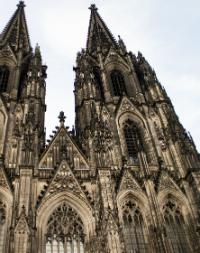
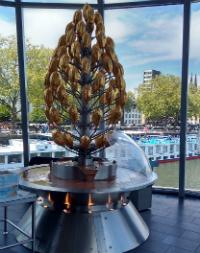
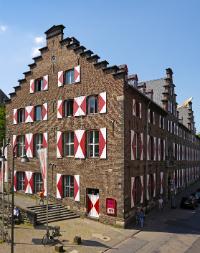
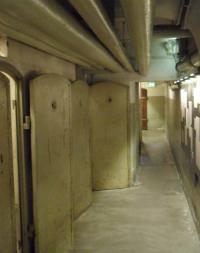
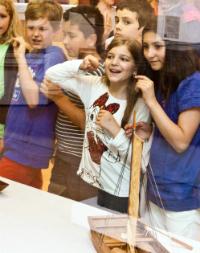
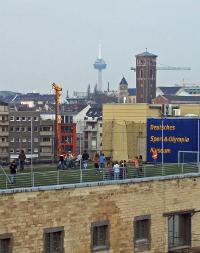
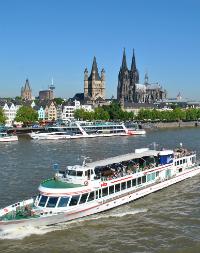
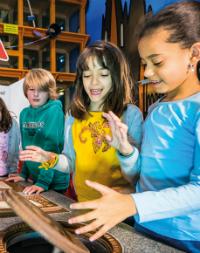
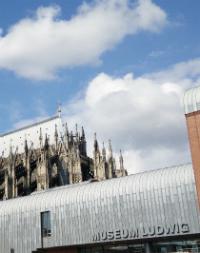
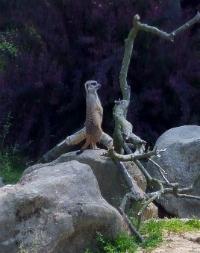
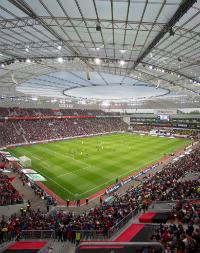
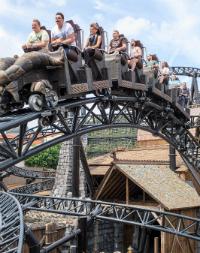
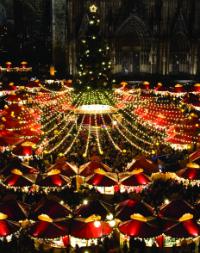
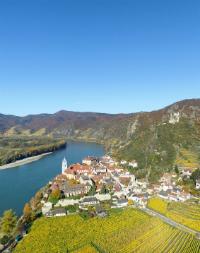
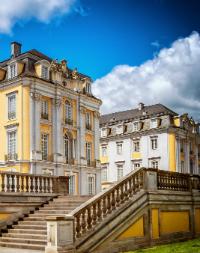
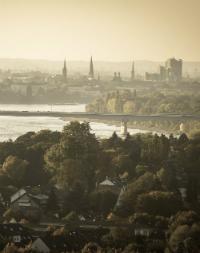
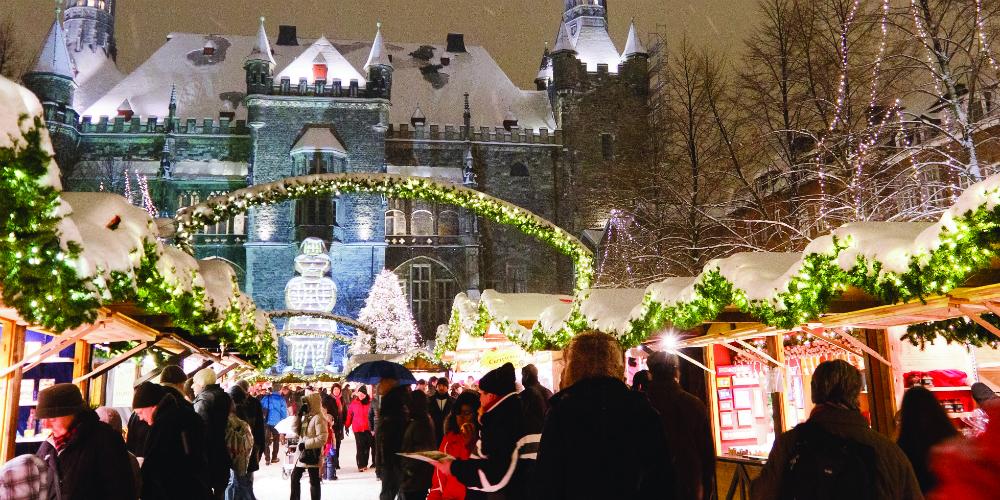
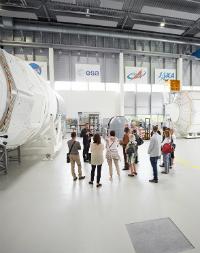
Typical accommodation
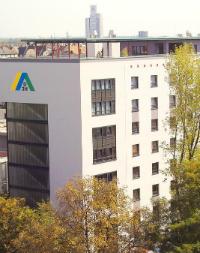
Why groups like it:
Facilities:
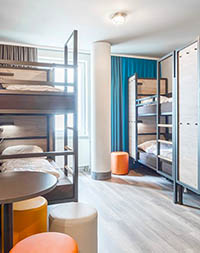
Why groups like it:
Facilities:
Learning outcomes
Subject focus
Students can:
- Experience learning outside the classroom in another country – the language, culture, history and geography
- Practise speaking a foreign language
- Build confidence and learn to value the skills and techniques needed for personal and team success
- Broaden the mind with the study of another culture
- Discover and have fun with fellow students and teachers
Student outcomes
Students will have had an opportunity to:
- Visit a foreign country and experience another language and culture
- Gain independence and self-confidence
- Strengthen existing friendships and make new friends
- Understand more about history
- Understand personal organisation, co-operating and working with others in a variety of environments



